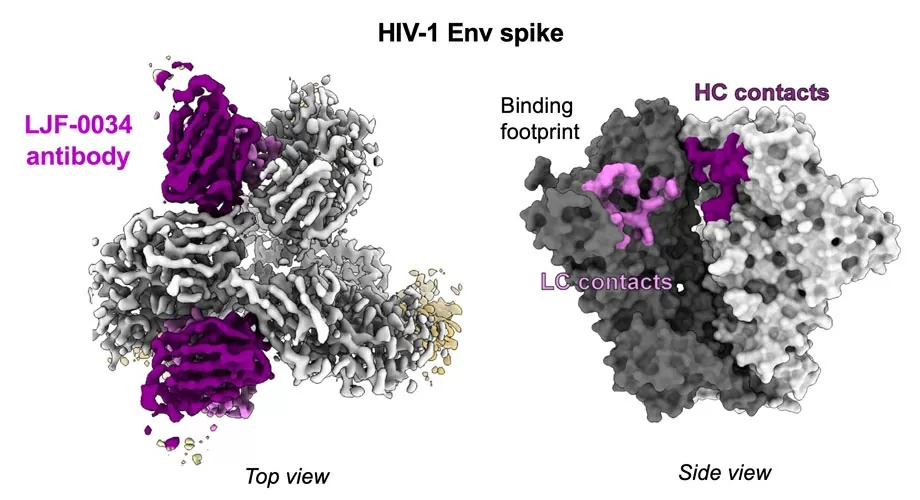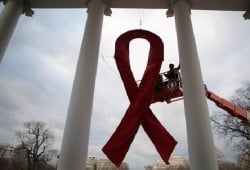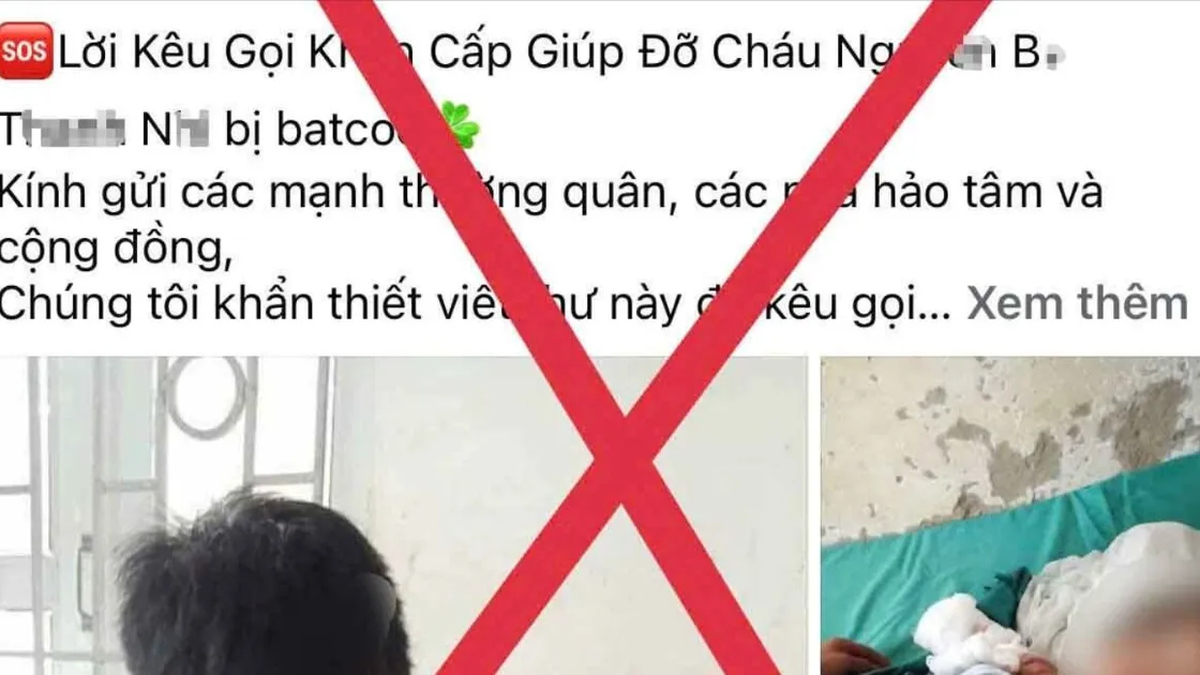 |
| Electron density map illustrating how the new antibody (purple) neutralizes HIV by binding across two parts of the spike protein (gray). (Source: Scripps research) |
Because HIV mutates rapidly and there are millions of different strains worldwide, creating a vaccine that stimulates the body to produce broadly neutralizing antibodies (bNAbs) – an important target of HIV vaccines – that can recognize multiple strains at once is a major challenge.
| Related News |
 Alarming HIV infection rates among girls and young women Alarming HIV infection rates among girls and young women |
In a new collaborative study between scientists at the Scripps Research Institute (USA) and the Karolinska Institute (Sweden), Professor Richard Wyatt's team at Scripps Research designed a copy of the HIV spike protein that does not degrade after injection and has a structure similar to the virus's natural spike protein. They then applied a two-step vaccination strategy.
The first is a “priming” phase, which uses a synthetic version of the spike protein that has had its sugar molecules removed, exposing the crucial CD4 binding site (where the virus attaches to human immune cells).
Next comes the booster phase: after two “primer” doses, the researchers give five booster doses about 12 weeks apart, using spike proteins from different strains of HIV, this time with the full sugar coating. This “retrains” the immune system to recognize the same target region even when it’s partially hidden.
The results showed that some vaccinated animals produced antibodies that could neutralize “tier 2” HIV strains, which are among the hardest to stop. Notably, from one animal model, the researchers isolated a family of antibodies called LJF-0034, which was able to neutralize nearly 70% of the 84 global HIV strains tested.
The team also found that antibodies like LJF-0034 bind to a previously undescribed site on the virus, connecting two parts of the spike protein. This is seen as a promising new target for the development of additional vaccines in the future.
While this is not a final vaccine, the identification of a new, highly effective target is an important step forward that will guide future efforts. One vaccine candidate used in this study is now in phase 1 human clinical trials, with initial results expected soon.
Source: https://baoquocte.vn/huan-luyen-vien-cho-he-mien-dich-dot-pha-moi-trong-nghien-cuu-vaccine-hiv-316115.html


































































































Comment (0)